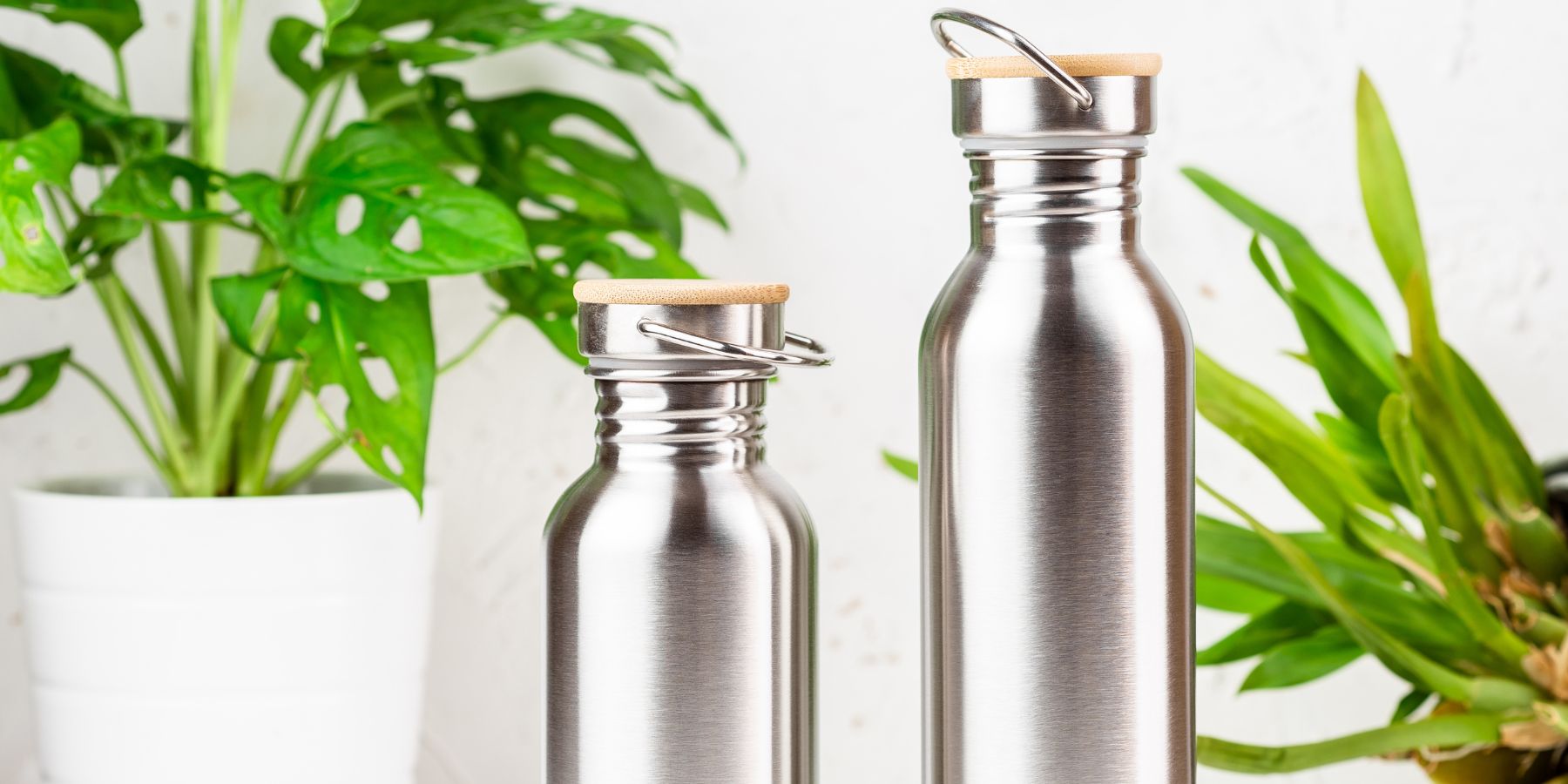In today's health-conscious world, the safety of the products we use daily is a top priority. Among these products, water bottles are an essential item for most people. Stainless steel water bottles, especially those made from 18/8 stainless steel, have gained popularity. But, are stainless steel water bottles safe? Let’s dive into the facts to understand better.
What is 18/8 Stainless Steel?
Understanding what 18/8 stainless steel is, helps in assessing its safety. The "18/8" in the name refers to the composition of the steel: 18% chromium and 8% nickel. This specific blend is known for its durability and resistance to rust and corrosion. This makes it a popular choice for kitchenware, including water bottles.
Benefits of 18/8 Stainless Steel Water Bottles
There are several benefits to using 18/8 stainless steel water bottles:
Durability: These bottles are tough and can withstand drops and everyday wear and tear.
Corrosion Resistance: The high chromium and nickel content helps prevent rust, keeping your water bottle safe for long-term use.
Non-Reactive Surface: Stainless steel doesn’t impart flavors or absorb smells, ensuring the taste of your water remains pure.
Safety Concerns Addressed
The primary safety concern with any food or drink container is chemical leaching. With 18/8 stainless steel, the risk is minimal. The non-porous nature of stainless steel means that, under normal conditions, it does not leach chemicals into your water.
Are Stainless Steel Water Bottles Safe?
Now, coming to the heart of the matter: are stainless steel water bottles safe? The answer is yes, particularly for 18/8 stainless steel. It is generally considered safe for food and beverage storage as it doesn’t contain harmful chemicals like BPA found in some plastics. This grade of stainless steel is also resistant to high and low temperatures, making it safe for hot and cold beverages.
Compared with Other Materials
When compared with other materials like plastic or aluminum, 18/8 stainless steel stands out for its safety and durability. Unlike some plastics, it doesn’t contain BPA or other potentially harmful chemicals. Aluminum bottles often need an inner lining to prevent metal leaching, which is not a concern with stainless steel.
Maintenance for Longevity and Safety
To maintain the safety and longevity of your 18/8 stainless steel water bottle, follow these simple tips:
Regular Cleaning: Wash your bottle with warm, soapy water and rinse thoroughly.
Avoid Harsh Chemicals: Don’t use bleach or other harsh chemicals for cleaning.
Regular Inspection: Check for any signs of damage or wear, especially if you have an insulated bottle.
Eco-Friendly Choice
Choosing an 18/8 stainless steel water bottle is not just good for your health, but it’s also a step towards environmental sustainability. These bottles are reusable, reducing the need for single-use plastics. Also, stainless steel is recyclable, making it a more eco-friendly option.
FAQs
Q: Can I store hot beverages in an 18/8 stainless steel water bottle?
A: Yes, 18/8 stainless steel is safe for both hot and cold beverages.
Q: How long can a stainless steel water bottle last?
A: With proper care, these bottles can last for several years, even a decade or more.
Q: Are all stainless steel water bottles made from 18/8 stainless steel?
A: No, different bottles may use different grades of stainless steel. It’s important to check the product specifications.
Q: Is it safe to put a stainless steel water bottle in a dishwasher?
A: Most are dishwasher safe, but check the manufacturer’s instructions to be sure.
Q: Can stainless steel water bottles rust over time?
A: While 18/8 stainless steel is resistant to rust, it’s not entirely rust-proof. Prolonged exposure to harsh environments can lead to rusting.
Conclusion
In conclusion, 18/8 stainless steel is a safe, durable, and eco-friendly option for water bottles. Its resistance to corrosion, non-reactive nature, and lack of harmful chemicals make it a suitable choice for daily hydration needs.


